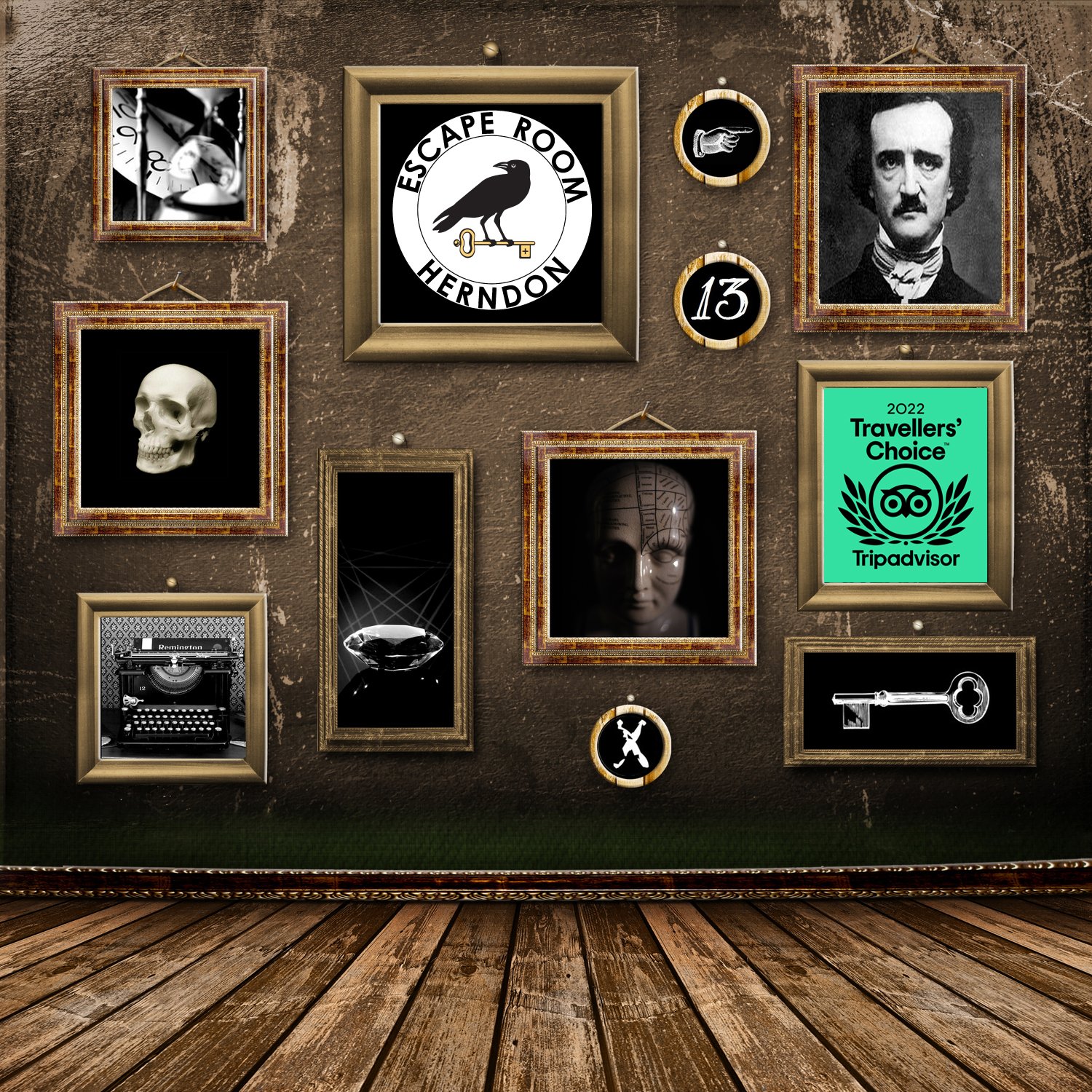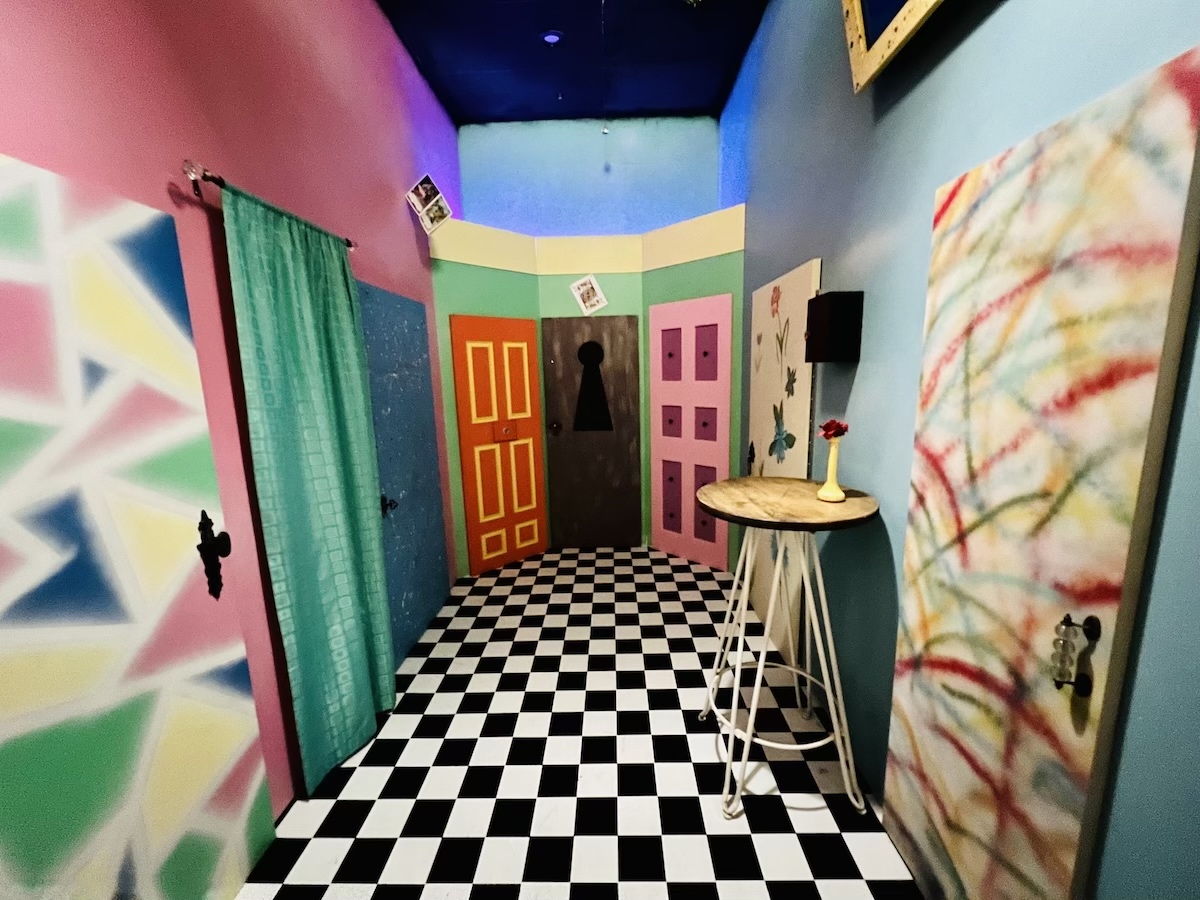Best Escape Room Experience-- Exciting Games and Puzzles for Groups
Best Escape Room Experience-- Exciting Games and Puzzles for Groups
Blog Article
Team Strategies: Exactly How to Team up Effectively in a Retreat Area
Groups must actively listen to each member's insights, designate functions that straighten with specific toughness, and keep routine check-ins to make certain emphasis and protect against redundancy. By promoting an environment that values cohesion and versatility, groups can dramatically enhance their efficiency and success rates.
Establish Clear Interaction

To help with clear interaction, it is important to assign a central point of contact for info circulation. Short, focused updates from each team member can keep the group educated without frustrating them with details.

Assign Roles Strategically
While clear interaction establishes the structure for effective teamwork, assigning functions tactically guarantees that each staff member's strengths are utilized properly. In a getaway space circumstance, the time-sensitive and intricate nature of challenges necessitates a well-organized strategy to job delegation. By identifying and leveraging private expertises, groups can maximize their problem-solving capabilities and improve general performance.
Someone with a keen eye for information may succeed in finding covert objects, while a sensible thinker can be much better suited to addressing challenges. This function usually calls for strong business and interpersonal abilities.
2nd, make sure that duties are flexible and adaptable. As new difficulties arise, the team has to have the ability to pivot, reallocating jobs as called for. This flexibility helps preserve energy and avoids traffic jams that could occur as a result of stiff duty jobs.
Ultimately, a tactical technique to function task not only makes the most of the strengths of each group participant yet likewise promotes a cohesive setting, driving the team towards an effective retreat.
Utilize Diverse Skills
Identifying and harnessing the varied skills within your group can significantly elevate your efficiency in an escape room. Each staff member brings one-of-a-kind toughness to the table, and properly leveraging these abilities can quicken analytical and enhance overall efficiency. For instance, a group participant with solid logical abilities could excel at deciphering complex codes or patterns, while one more with eager observational abilities may rapidly identify concealed clues that could forget.
Reliable communication is essential to utilizing these diverse skills. Motivate staff member to articulate their insights and ideas immediately, making certain that all prospective remedies are considered. This inclusive technique cultivates a vibrant setting where imagination and crucial thinking can prosper. Additionally, designating tasks that straighten with each participant's staminas can avoid traffic jams and make sure that progression is constant.
Furthermore, variety in skills frequently translates to diversity in believing styles, which is vital in an escape area setting. While some challenges may require sensible reasoning and accuracy, others might benefit from the original source imaginative and association of ideas. By recognizing and leveraging this variety, groups can resolve a broader variety of obstacles more effectively, consequently increasing their possibilities of a successful getaway.
Manage Time Successfully

First, assign preliminary mins for a quick study of the area. Recognize visible problems and divide jobs based upon team participants' toughness, ensuring that nobody is idle. Establish internal time checkpoints to examine progress occasionally; for circumstances, goal to have half the problems fixed by the mid-point of the video game. This practice can aid keep the group focused and stop time from escaping unnoticed.
Furthermore, prevent passage vision. If a challenge is taking as well long, rotate employee or proceed to an additional obstacle, returning later with fresh point of views. Communication is paramount-- maintain everybody go to the website upgraded on solved challenges and staying jobs to avoid repetitive efforts.
Lastly, utilize any type of hints or hints sparingly however purposefully - best escape room. Understanding when to ask for help can save beneficial time. By sticking to these time administration principles, teams can considerably enhance their chances of a successful and enjoyable getaway room experience
Debrief and Reflect
Representation is an important facet of team development and renovation in the context of retreat rooms. Once the look here difficulty is completed, whether effectively or not, it is vital for the team to engage in an organized debriefing session. This procedure permits staff member to examine their efficiency, determine staminas, and determine areas for enhancement.
Start the debrief by reviewing what worked out. Highlight certain circumstances of efficient interaction, analytical, and cooperation. Identifying these positive habits enhances them and motivates their rep in future challenges.
Next, deal with the challenges encountered. Go over moments of complication, miscommunication, or inefficient strategies. Urge an open and useful dialogue where staff member can share their viewpoints without concern of criticism. This promotes a culture of continuous enhancement and learning.
Final Thought
In conclusion, successful partnership in a getaway room is predicated upon clear interaction, strategic role jobs, the efficient utilization of varied abilities, and proficient time administration. Routine check-ins and structured debriefings are essential for keeping emphasis and promoting continual improvement. By developing a natural and flexible group environment, the probability of efficiently resolving problems and accomplishing the goal of leaving the area is significantly improved. This method not just makes sure success yet additionally promotes cumulative development and discovering.
Report this page